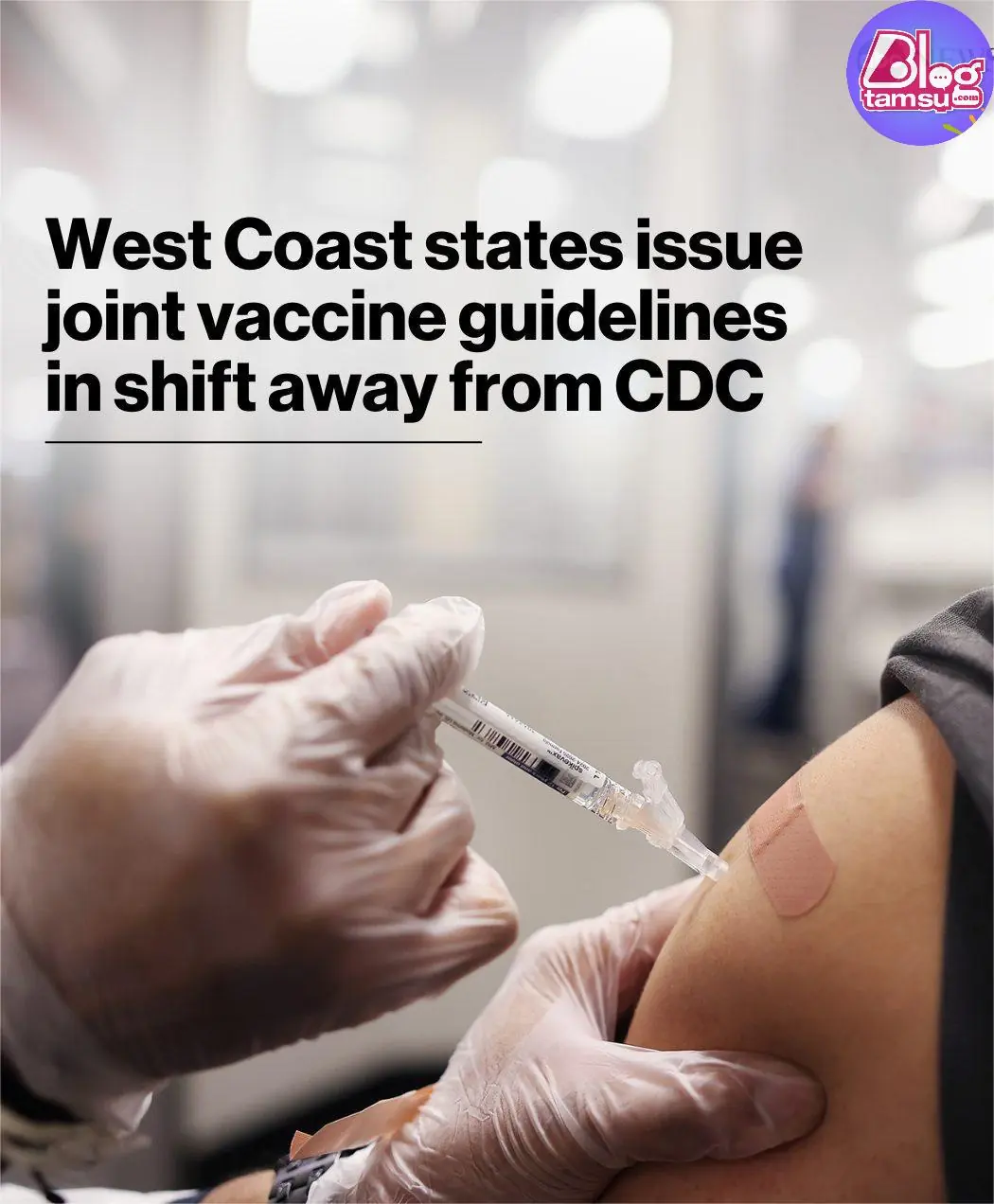
West Coast States Issue Joint Vaccine Guidelines in Shift Away From CDC
Four Western U.S. states — California, Washington, Oregon, and Hawaii — have announced a joint effort to release unified vaccine recommendations for the upcoming respiratory illness season, marking a dramatic break from relying solely on the U.S. Centers for Disease Control and Prevention (CDC).
The West Coast Health Alliance
Earlier this month, the Democratic-led states formed the West Coast Health Alliance (WCHA), citing a loss of confidence in the CDC’s credibility and independence. California Governor Gavin Newsom said the move was designed to restore trust in public health by leaning on independent medical groups rather than federal agencies he accused of political interference.
“The alliance represents a unified regional response to the Trump Administration’s destruction of the U.S. CDC’s credibility and scientific integrity,” Newsom stated in a press release.
New California Law Changes Vaccine Guidance Framework
Alongside the regional guidelines, Newsom signed a new California law on Wednesday that shifts the state’s immunization guidance away from the CDC. Instead, recommendations will now be based on prominent medical organizations, including the American Academy of Pediatrics (AAP), the American Academy of Family Physicians (AAFP), and the American College of Obstetricians and Gynecologists (ACOG).
This means that California will no longer automatically align with the CDC on vaccine schedules but will instead reference these professional bodies when advising residents.
Recommendations Issued
The new joint recommendations issued by the WCHA cover COVID-19, flu, and RSV vaccines, urging eligible residents to get protected ahead of the winter season.
Washington Governor Bob Ferguson underscored the alliance’s emphasis on science, saying:
“Science matters. We will ensure our policies are based on rigorous science. We stand united with our partner states and medical experts to put public health and safety before politics. I will continue to do everything in my power to protect Washingtonians.”
CDC Meeting Looms
The timing of the announcement came just one day before the CDC’s Advisory Committee on Immunization Practices (ACIP) convened for a two-day session. Under the leadership of HHS Secretary Robert F. Kennedy Jr., the panel is set to vote on parts of the childhood immunization schedule as well as updated recommendations for COVID-19 vaccines.
At present, the FDA has only authorized the newest COVID-19 vaccines for individuals at high risk of severe illness, including adults over 65. Others may still obtain the vaccine with a prescription after consultation with their doctor.
Insurance Coverage and Access
Despite the uncertainty, the Association of Health Insurance Plans (AHIP) has pledged to cover the cost of any vaccine currently included in guidelines until ACIP finalizes its recommendations. Existing federal guidance continues to advise that all individuals over 6 months old consider annual flu shots and updated COVID-19 vaccinations through at least 2026.
Pharmacies in many states, including those in the alliance, remain authorized to administer vaccines to anyone who requests them, regardless of age or risk profile.
Federal Pushback
The U.S. Department of Health and Human Services (HHS) criticized the West Coast Health Alliance, calling it a partisan maneuver. In a statement earlier this month, an HHS spokesperson said:
“ACIP remains the scientific body guiding immunization recommendations in this country, and HHS will ensure policy is based on rigorous evidence and Gold Standard Science, not the failed politics of the pandemic.”
A Divided Landscape
The decision by the four Western states highlights the growing fragmentation of vaccine policy in the U.S. While federal agencies remain the primary authority for national recommendations, states are increasingly carving out their own approaches in response to both scientific debates and political tensions that emerged during the COVID-19 pandemic.
As flu season approaches and COVID-19 continues to circulate, the coming months will test whether regional alliances like the WCHA can strengthen public confidence in vaccines — or further deepen divides over who Americans trust to guide their health.
News in the same category

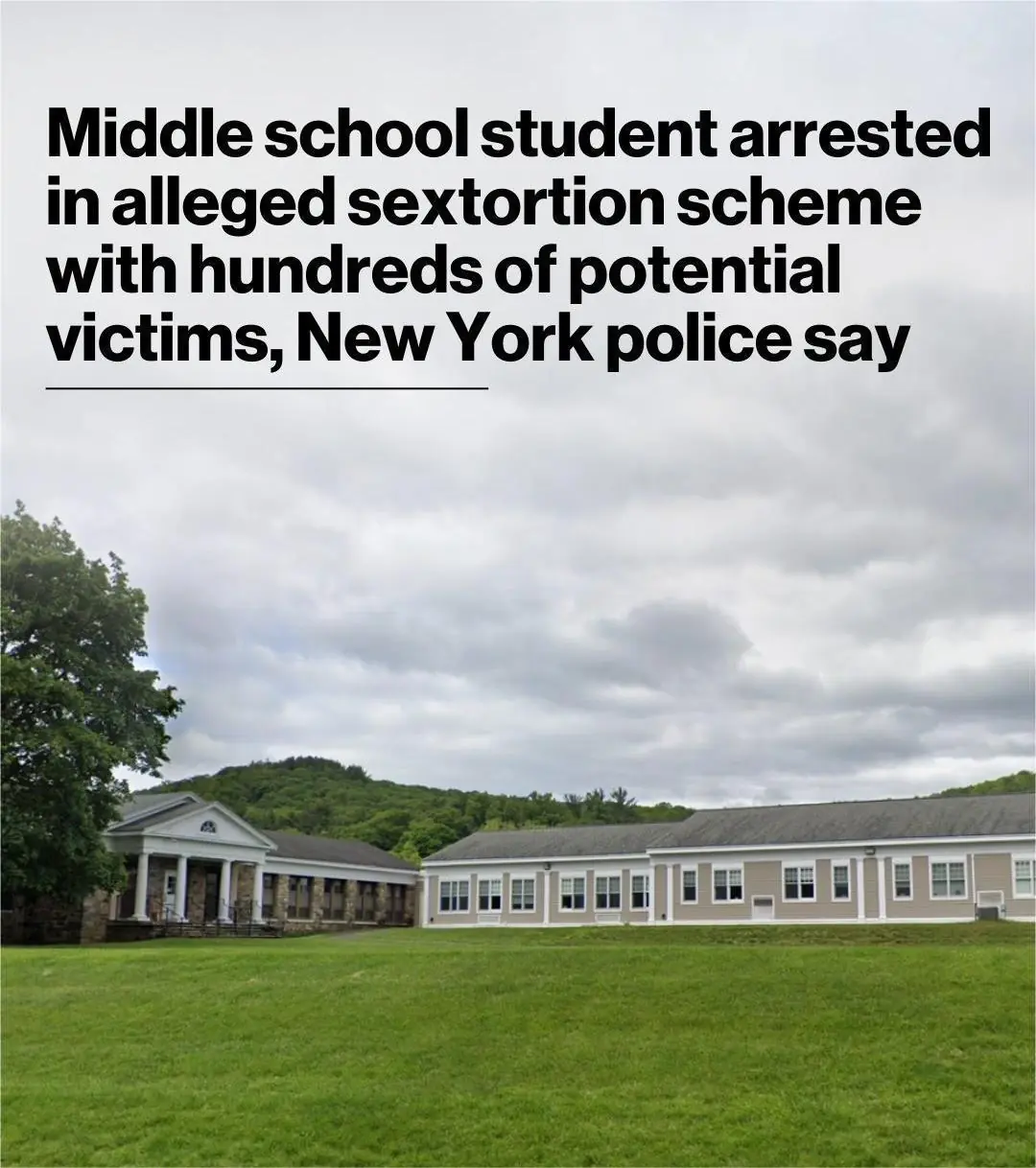
Middle School Student Arrested in Alleged Sextortion Scheme With Hundreds of Potential Victims, Police Say

Vanishing in Plain Sight: Inside Japan’s Legal Industry of “Disappearing” Services

Judge Dismisses Trump’s $15 Billion Defamation Lawsuit Against The New York Times

Five-month-old Maltipoo Puppy Mauled to Death by Three Off-Leash Dogs at Auburn Dog Park in Western Sydney

Vampire Bats: How Sharing Blood Keeps Their Communities Alive

Security footage shows bus driver checking on unusually quiet passenger — and changing his life forever
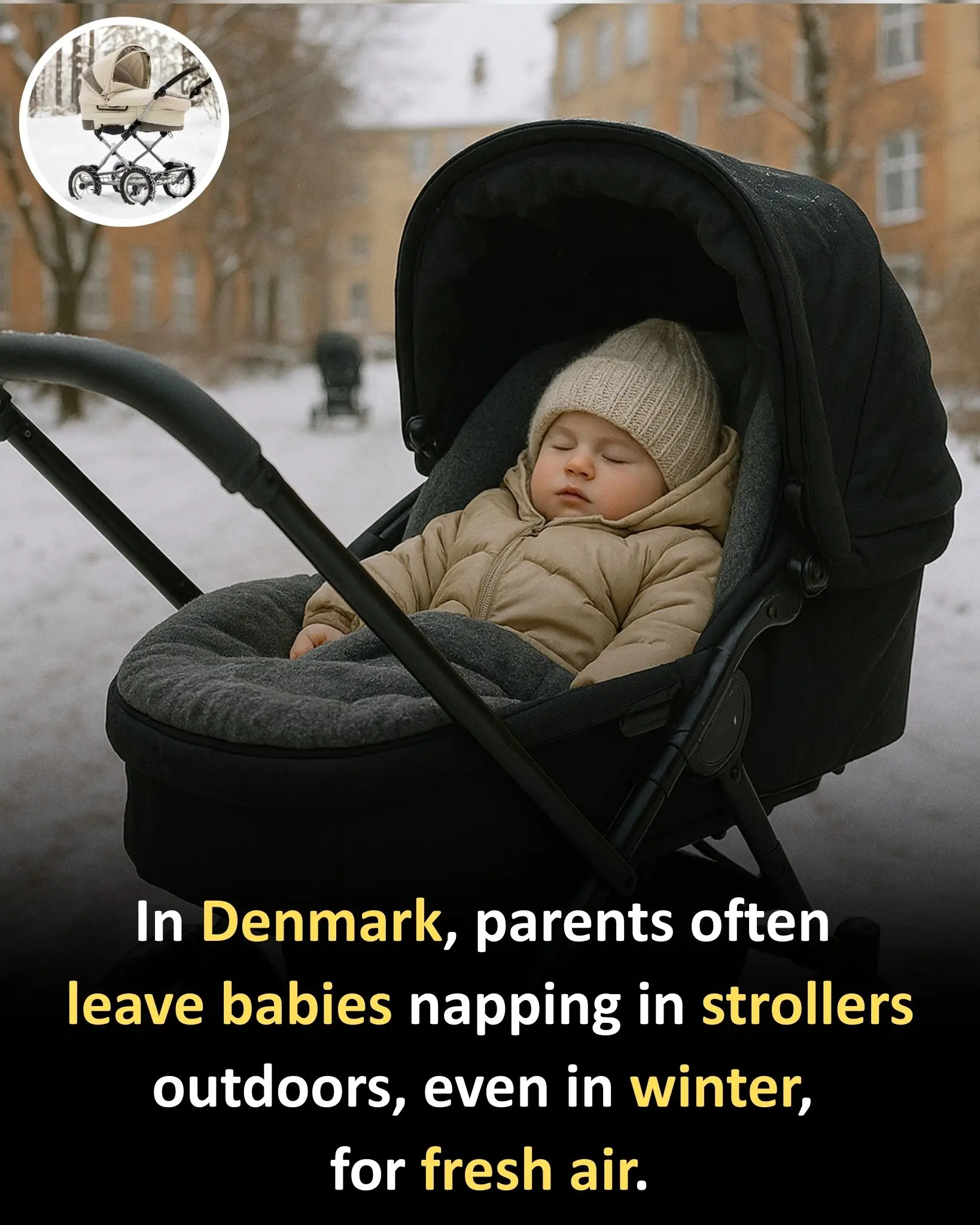
Why Danish Parents Let Their Babies Nap Outdoors — Even in Winter
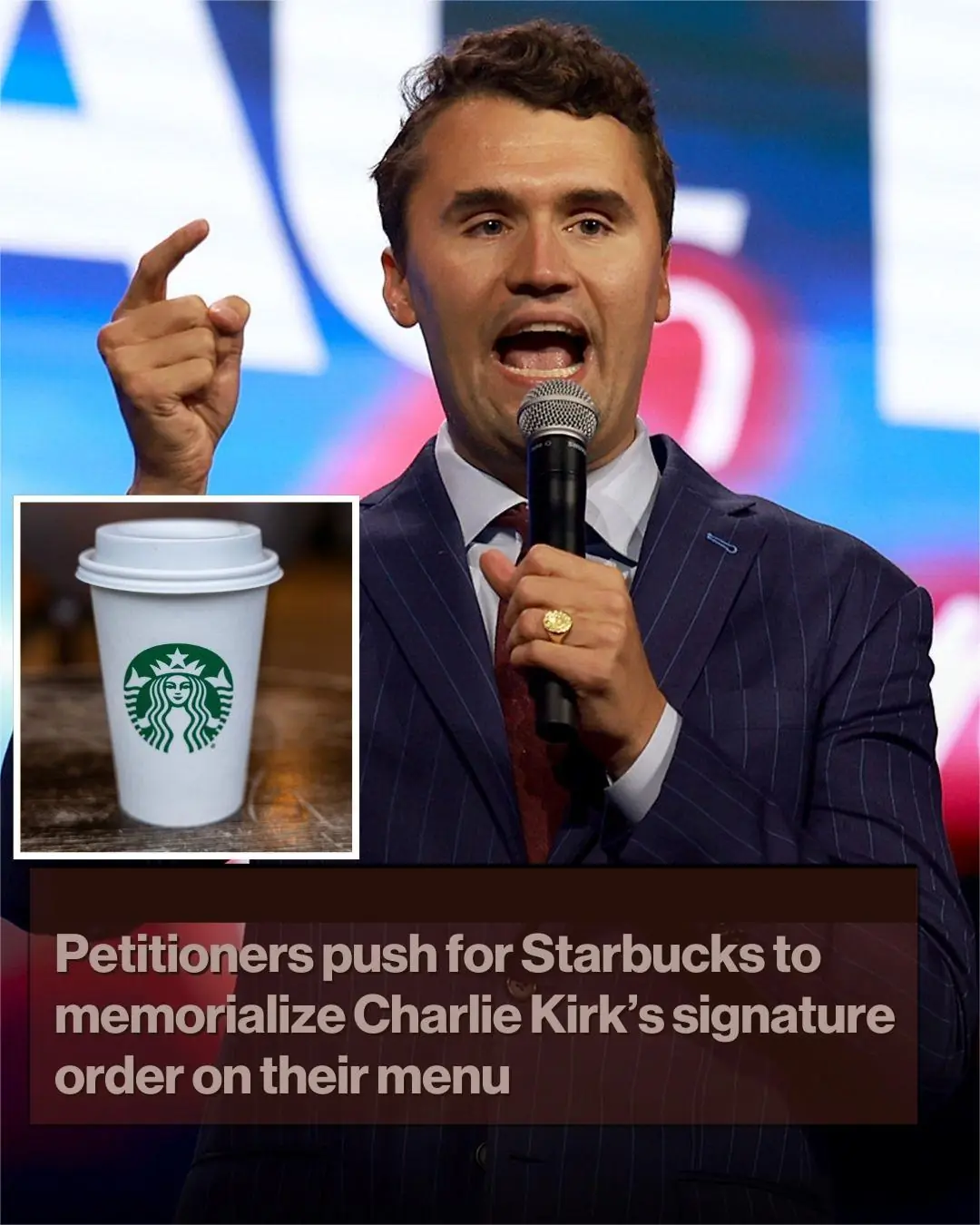
Petition Calls on Starbucks to Memorialize Charlie Kirk’s Signature Drink

Mattel Donates Brave Barbie and Brave Ken Dolls to Children Facing Cancer

Visitor Dies After Becoming Unresponsive on Roller Coaster at Universal’s Epic Universe

Hyundai to Invest $2.7 Billion Expanding Georgia Plant Despite ICE Raid

Remains believed to be of dad Travis Decker accused of killing 3 daughters are found
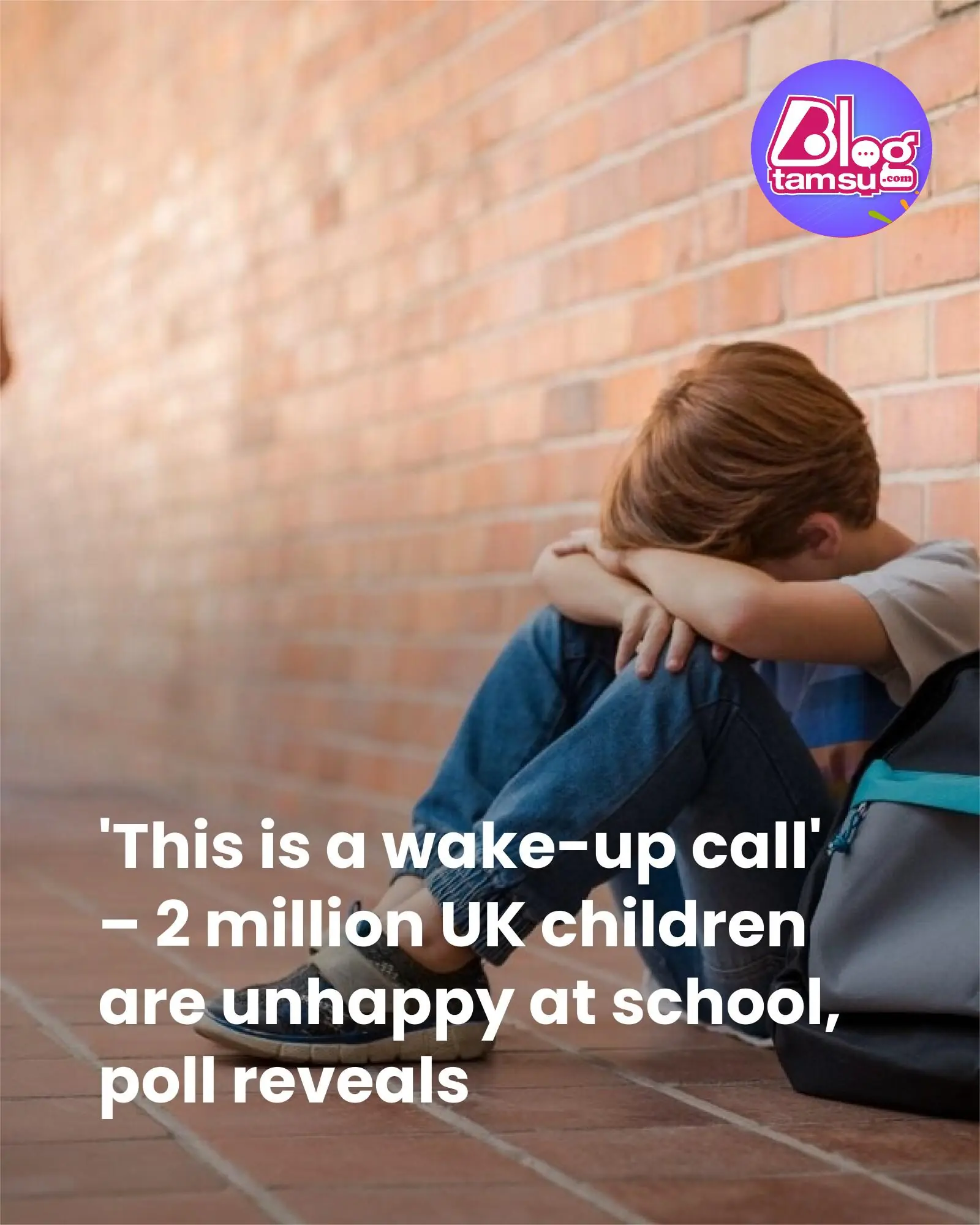
Two Million UK Children Unhappy at School: Parentkind Survey Warns of Growing Crisis
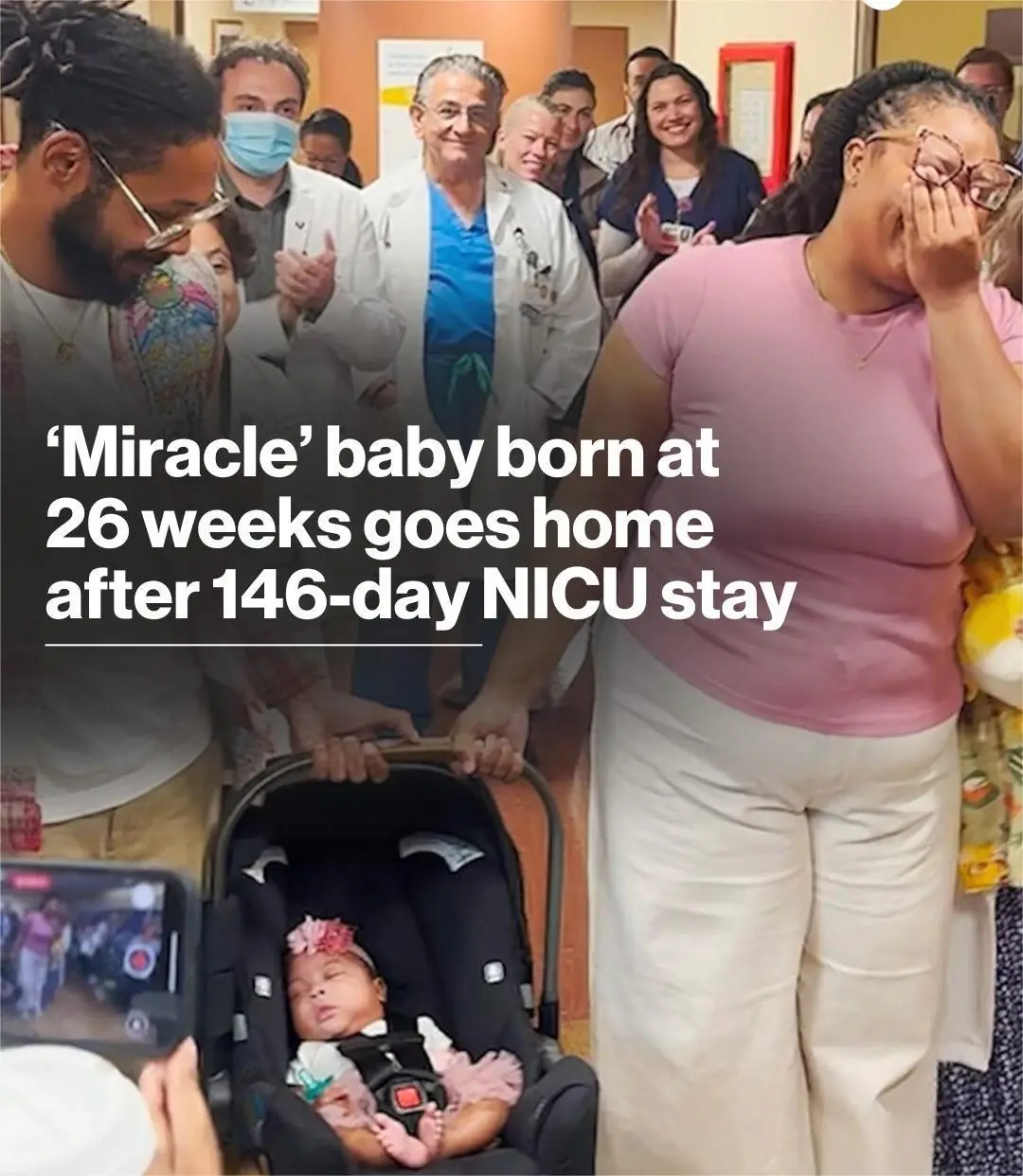
'Miracle' baby born at 26 weeks goes home after 146-day NICU stay

Man accused of stalking ex-girlfriend fired upon Pennsylvania law enforcement officers in 'murderous rampage': DA
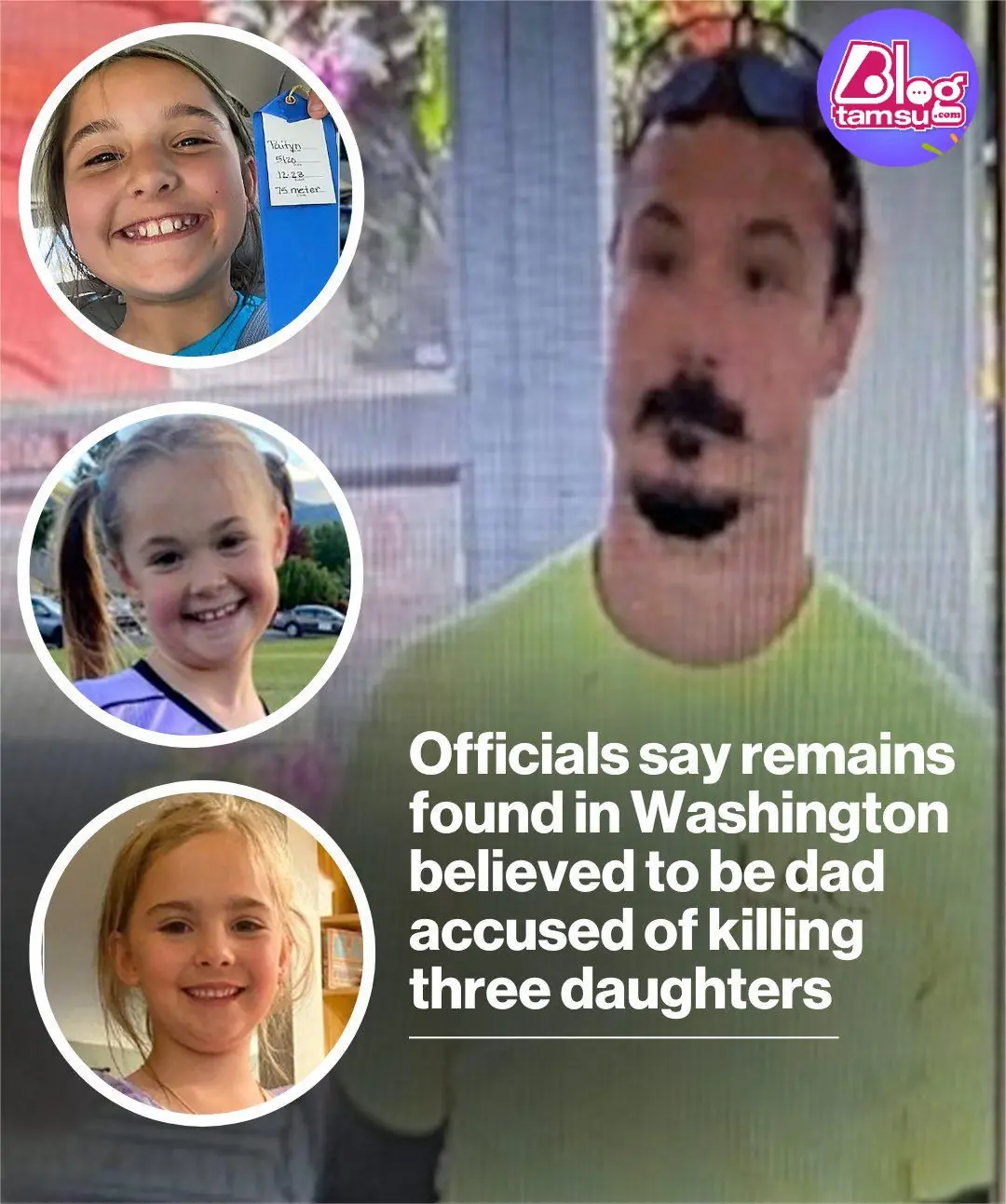
Human Remains Believed to Be Travis Decker Found in Washington, Ending Months-Long Manhunt

Charlie Kirk’s Death and the Future of Turning Point USA Under Erika Kirk’s Leadership

95-Year-Old Woman Charged with Murder of Holocaust Survivor Roommate in Brooklyn Nursing Home
News Post

Crabgrass: The “Weed” That Could Be a Wellness Wonder

Aloe Vera Water: The Simple Daily Drink That Transforms Your Health from the Inside Out
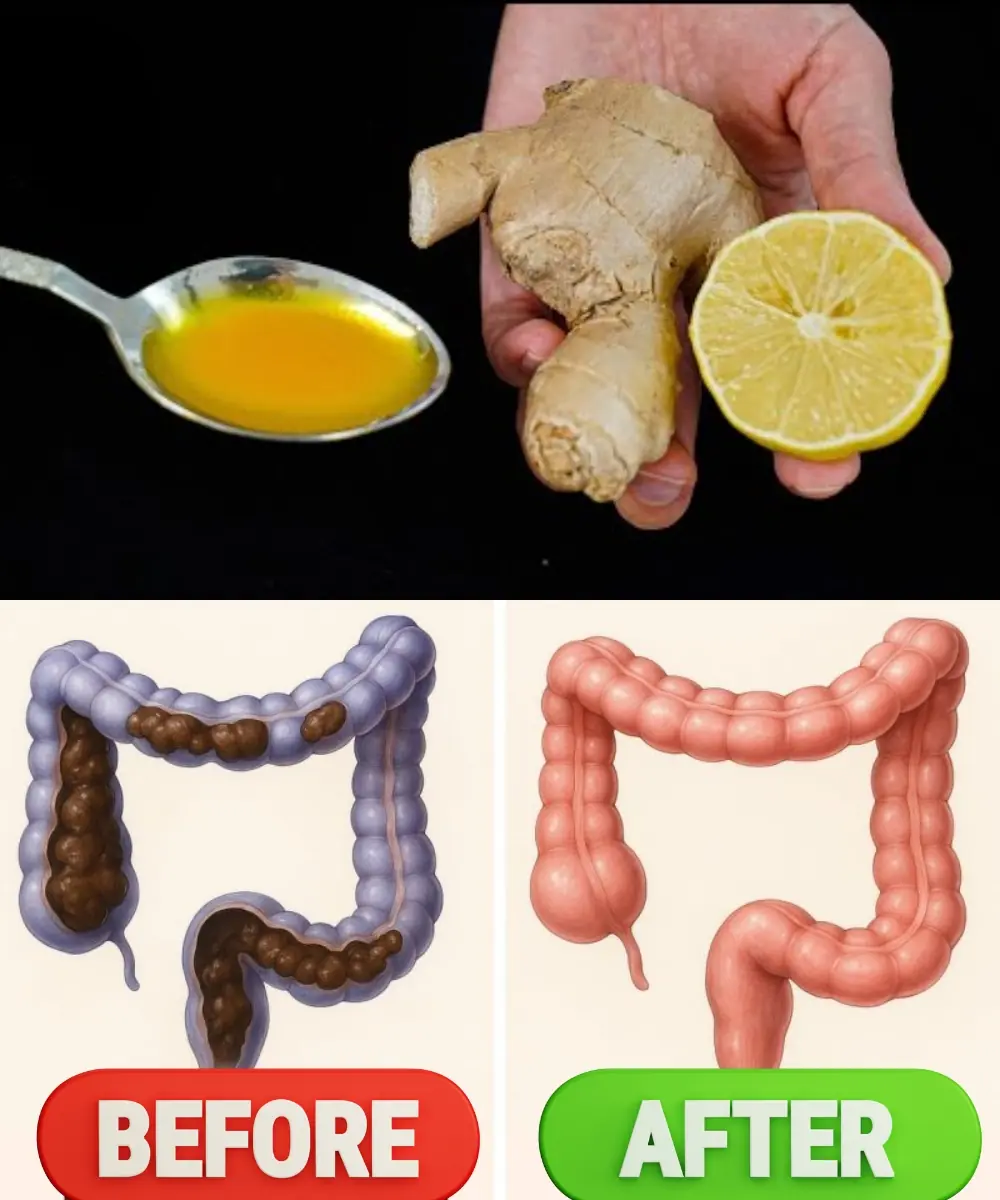
The Miracle Drink That Flushes Out 15kg of Toxins from Your Gut and Blood Vessels – Time-Tested Formula

Moringa Seeds: Nature's Tiny Powerhouses for Everyday Wellness

Clove-Infused Coffee: A Simple Morning Upgrade for Seniors Over 50

7-Day Detox Drink for a Flatter Belly, Better Urinary Health & Liver Support

Songwriter Brett James Among Three Killed in North Carolina Plane Crash

Middle School Student Arrested in Alleged Sextortion Scheme With Hundreds of Potential Victims, Police Say

Vanishing in Plain Sight: Inside Japan’s Legal Industry of “Disappearing” Services

Judge Dismisses Trump’s $15 Billion Defamation Lawsuit Against The New York Times

Five-month-old Maltipoo Puppy Mauled to Death by Three Off-Leash Dogs at Auburn Dog Park in Western Sydney

Vampire Bats: How Sharing Blood Keeps Their Communities Alive

7 Shocking Health Benefits of Chewing Cloves Daily (Backed by a Doctor)

Restore Your Blurry Vision: Say Goodbye to Cataracts and Myopia with This Natural Smoothie!

Your Partner Won’t Be Able to Resist You After Drinking This Powerful Natural Beverage

Doctors Don’t Want You to Know About This Drink – It Can Help Reverse Diabetes, High Blood Pressure, and Poor Circulation Instantly

Holy Basil (Tulsi) for Oral Health: Natural Remedy for Cavities, Gum Problems, Bad Breath & Stronger Teeth

Security footage shows bus driver checking on unusually quiet passenger — and changing his life forever

Why Danish Parents Let Their Babies Nap Outdoors — Even in Winter

